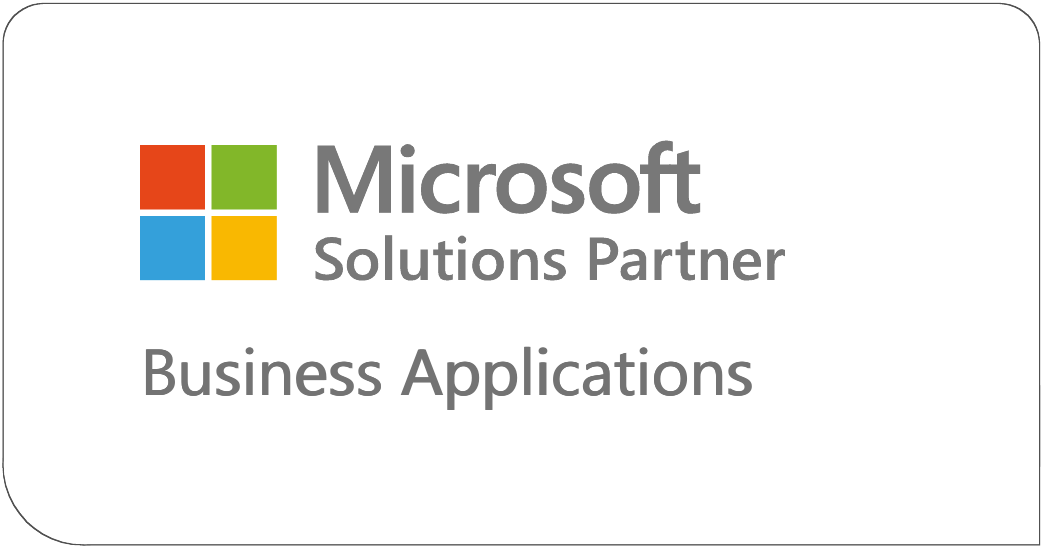| Ayesha Taufeeq
Co-selling is any collaborative engagement between Microsoft and its partner ecosystem, including building demand, sales planning, sharing sales leads, accelerating partner-to-partner empowered selling, and delivering marketplace-led commerce. Co-selling opportunities are the result of acting on a lead and collaborating on it with Microsoft sales teams or Microsoft partners to provide a solution for a customer need.
Difference between co-sell solution and commercial marketplace offer?
Co-sell solution:
A live marketplace offer that a partner or ISV intends to co-sell with Microsoft. ISV uploads co-sell-specific collateral documents with a co-sell solution. Documents and collateral undergo automated and manual review to determine the co-sell program status for the offering. This solution is available in internal Microsoft catalogs along with the uploaded collateral.
Commercial marketplaces offer:
A commercial marketplace is an autonomic sellable unit. An offer can be configured as one of several available offer types. ISV must have a developer/manager role and a seller account to publish an offer.
Types of Co-selling Opportunities
4 types of co-selling opportunities exist in the partner ecosystem that enable them to grow and thrive.
- Co-sell with Microsoft sales teams:
Collaborate with Microsoft sales teams to fulfill customers' solution needs. It includes selling your ISV offering, Microsoft's offering, or both. In this, ISVs and Microsoft sales teams identify and share customer opportunities in which the solutions may be a good fit.
- Partner to Partner (P2P):
Collaborate with another partner in the Microsoft ecosystem to solve customer pain points.
- Private deal: In this collaboration, ISVs do not work with Microsoft on a shared deal; they only share projects they are working on independently. The projects are reflected in the Microsoft reporting system for analysis and forecasting
- Solution Assessment (SA):
Work with partners vetted by the solution assessments business team to assess the technology needs of customers using or planning to use Microsoft technologies.

Figure 1: Overview of Coselling
Cosell Status
Co-sell statuses for both Azure and business applications can be applied to solutions.
Co-sell statuses for Azure:
-
- In-market
- Co-sell ready
- Azure IP co-sell incentive
Azure IP co-sell incentives are applicable to solution types like Azure Application, Azure Container, Azure Virtual Machine, IoT Edge module, and Software-as-a-service (SaaS)
Co-sell statuses for Business Applications:
- Business Applications Co-sell Incentive Standard
- Business Applications Co-sell Incentive Premium
Azure IP co-sell incentives apply to solution types like Azure Application, Azure Container, Azure Virtual Machine, IoT Edge module, and Software-as-a-service (SaaS), whereas Business Applications co-sell incentive status apply on Dynamics 365 apps on Data verse and Power Apps, and Dynamics 365 operation Apps.
The status allotted to ISV offering not only incentivizes Microsoft sellers to sell it in the market but also opens the array of benefits redeemable by partners.

Figure Cosell Status for ISV offerings
Requirements for co-sell-ready status
For a solution to achieve co-sell-ready status:
All partners must:
- Have a Partner (formerly MPNID) and an active commercial marketplace account in Partner Center.
- Have a complete business profile in Partner Center.
- Publish the offer on the commercial marketplace.
- Provide a sales contact for each co-sell-eligible geography.
- Provide the required listing and document information on the Co-sell > Solutions page.
Services partners must:
- Have at least one solution partner designation in Microsoft Cloud Partner Program.
Business Applications independent software vendors (ISVs) must:
- Have ISV Connect program enrollment for Dynamics 365 apps on Dataverse and Power Apps and Dynamics 365 Operations Apps solutions.
ISV and Partners should opt for co-selling. It is Microsoft's effort to help their partner grow by selling their ISV offering developed on the Power Platform and Dynamics 365 to customers.
Join us next time, as we continue our journey of learning canvas apps.Click here to learn more about Imperium's Power Apps Services. We hope this information was useful, and we look forward to sharing more insights into the Power Platform world.

